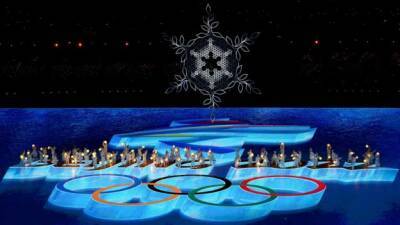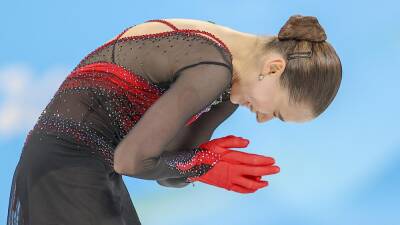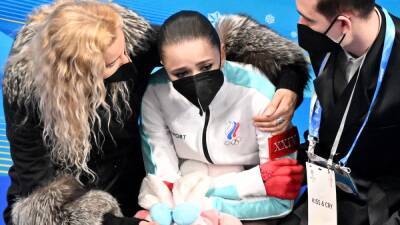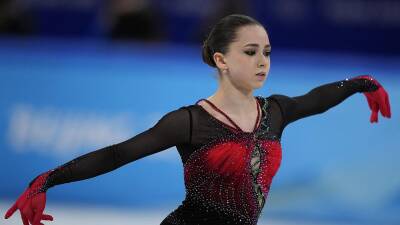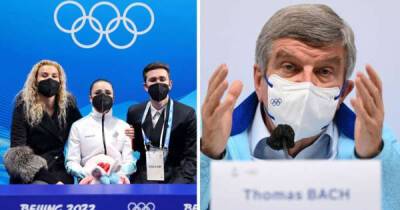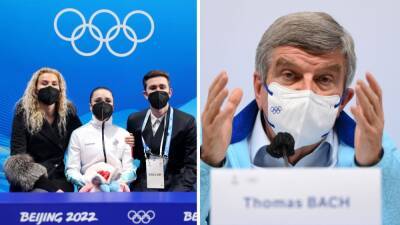Beijing to close Games marked by COVID measures, Valieva doping scandal
BEIJING : Beijing hands the Olympic flag to Milan-Cortina on Sunday after a Games that will be remembered for the extremes of its anti-COVID-19 measures and outrage over the doping scandal that enveloped 15-year-old Russian skating sensation Kamila Valieva.
The Olympics were stalked by politics, with several countries staging a diplomatic boycott over China's human rights record, and the spectre of invasion of Ukraine by Russia, with President Vladimir Putin attending the opening ceremony in a show of solidarity against the West with President Xi Jinping.
Still, China was spared any embarrassing protests by competitors over its treatment of the Uyghur Muslim minority or anything else, and the thousands of foreign journalists on hand were stuck inside the closed-loop, unable to report more widely.
The tightly sealed bubble prevented the spread of the novel coronavirus at the Olympics or into the community, vindicating a zero-COVID policy that has isolated China inside what are nearly closed borders that shows no sign of easing.
However, many athletes had their Olympic dreams dashed by positive tests that prevented them from competing, and dozens saw their preparations disrupted by enforced isolation. Team officials and athletes demanded improved conditions including better food, internet, training equipment and more space.
On the snow, 18-year-old San Francisco-born freestyle skier Eileen Gu won two golds and a silver for hosts China, delivering on the hype generated by her dozens of endorsement deals and making her the youthful face of the Games even as her success raised questions about nationality and privilege.
Gu's performance is a boon for the development of snow sports in China. Xi, who will attend Sunday night's



